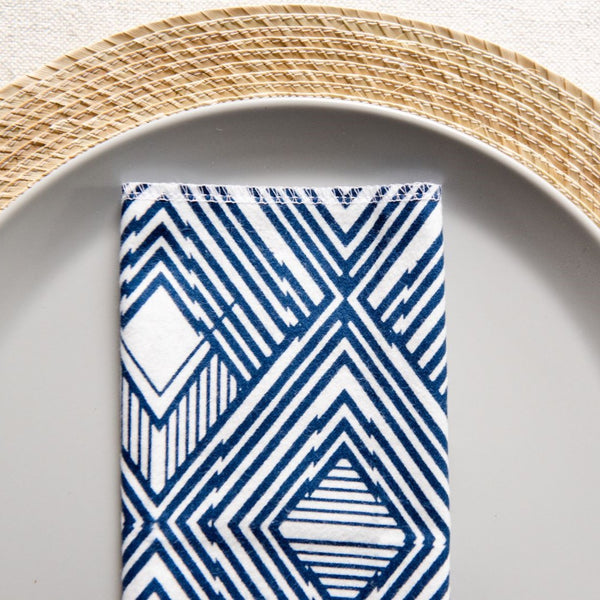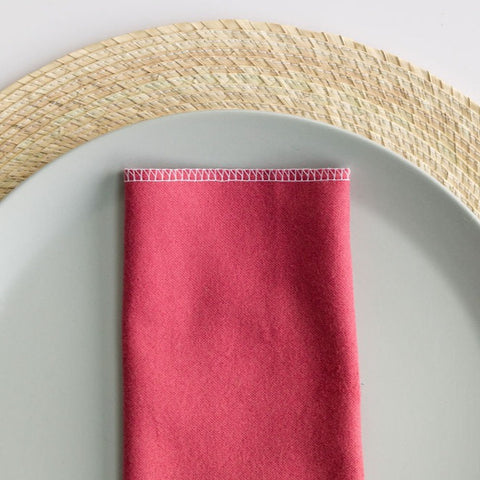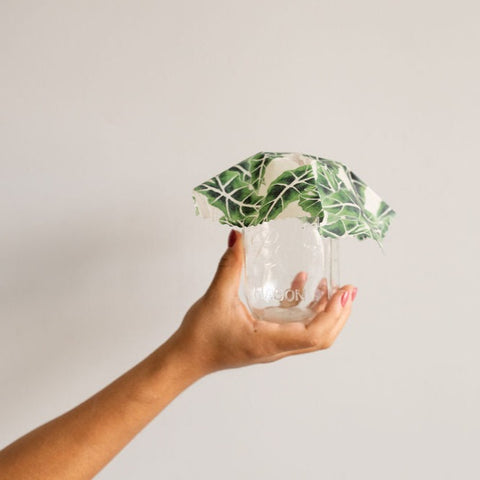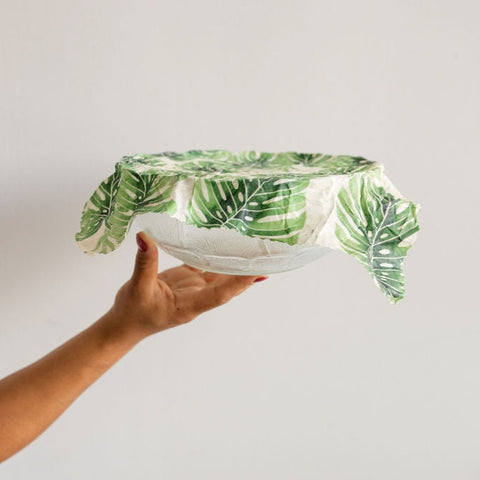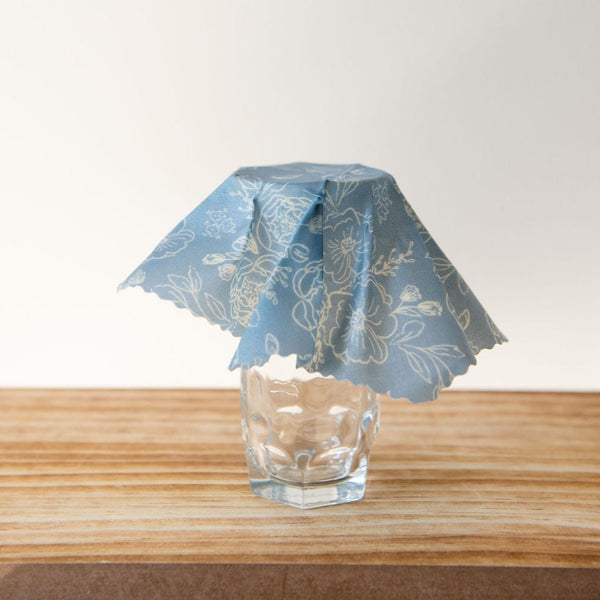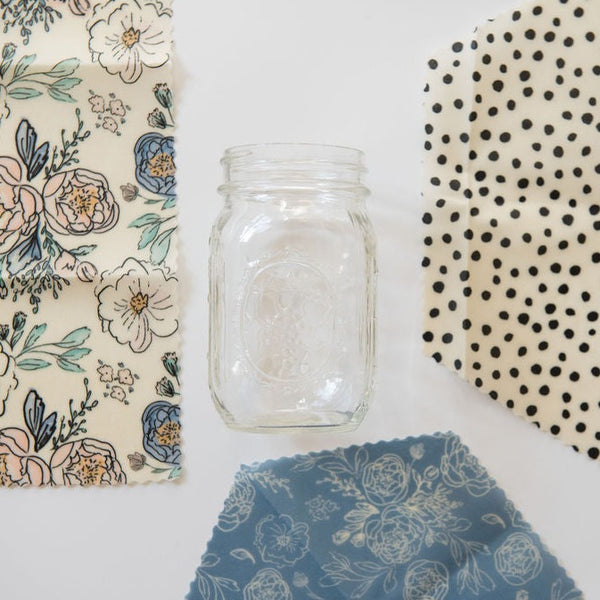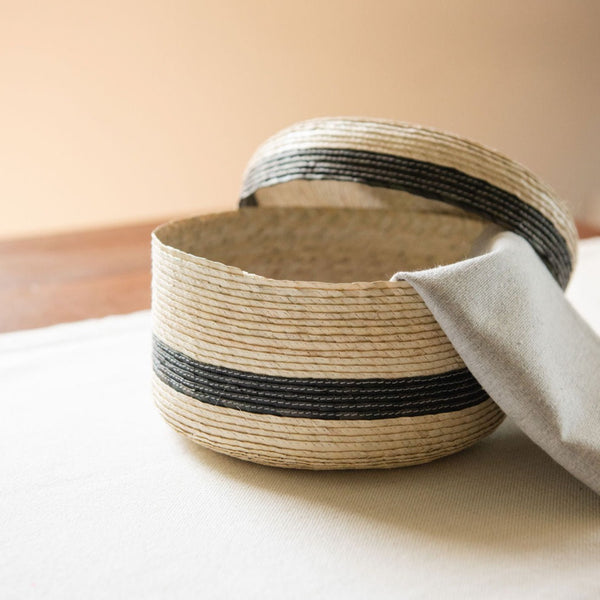The Significance of The Carne Asada Tradition in the Latin@ Community and 3 Sustainable Swaps for Your Next Carne Asada
The Power of Traditions
Food has the power of bringing people together, transcending borders and generations. In the vibrant tapestry of Latinx traditions, few hold as much cultural significance as the carne asada. On the surface, carne asada is a dish that literally translates to mean “grilled meat”, with roots in the rich culinary heritage of the ranchos in northern Mexico.
Origins of Carne Asada
True to our sustainable heritage, cattle ranchers in northern Mexican states like Sonora sought to utilize all parts of the animal so that none of it goes to waste. Marinating and grilling tougher cuts of meat became a necessity to avoid food waste, and thus giving birth to the delicious tradition of carne asada.
The Figurative Carne Asada
But in recent years the dish has evolved to mean something deeper in Latine pop culture. Being invited to the carne asada is an invitation into the comunidad. The carne asada is the imaginary gathering of our people; the ultimate pachanga where we bridge our cultural differences. The carne asada is where the No Sabo Kids have an equal place at the table as the señoras, tias, prim@s, and comadres. It’s where we gather over delicious food to heal our generational trauma, learn new dance moves and continue the fight over the terrenos.
Being invited to the carne asada is the same as being invited to be part of our culture and family (baggage included).
Carne Asada Memories from Childhood
Growing up, we had a carne asada every weekend. Or at least it felt like it. We loved going to our tio’s house and being welcomed by the wave of charcoal and grilled meat smells with a side of cebollitas. Most of the time there was no special occasion. It was just us: a large, extended immigrant family getting together to share our bounty and celebrating that we survived another week in a new country.
Now as adults, we think back fondly on these memories. These carne asadas filled our cups and gave us the space to be us, our true selves, en familia. We blasted our music and ate our food without anyone to judge us. We also learned the value of community and everyone doing their share. Everyone pitched in to make it happen.
We are continuing this tradition, and we’re leveling up the carne asada game with some sustainable, zero-waste swaps. As we say around here, mas culture y menos basura. We want more culture and traditions, and less waste.
Our Top 3 Susty Swaps for Your Next Carne Asada:
Cloth Napkins to Ditch Paper Napkins
Napkins are some of the most used items at a carne asada. Salsa spills, messy faces from delicious food and greasy hands from the taquitos all need napkins for relief. Instead of using conventional paper napkins, we recommend using cloth napkins.
Why are paper napkins bad for the environment and what makes cloth napkins a better alternative?
Did you know that as many as 51,000 trees are required to replace the number of paper towels discarded every day in the United States? That’s right: precious trees are getting chopped down so that we can wipe and toss for a few seconds.
Here are a few reasons we highly prefer cloth napkins over conventional paper towels:
- More absorbent and better at cleaning up messes
- More cost-efficient in the long-run
- Beautiful designs make for more aesthetically pleasing napkins
- Don't contribute to landfill waste and deforestation
- Handmade by a small business owner
This set of 5 cotton napkins are perfect for your next carne asada. They’re soft, large enough to handle spills and very absorbent. They get more absorbent with each wash and are also cost effective! Unlike paper napkins, which are single-use and end up in landfills, cloth napkins can be washed and reused for years!
These 100% cotton, flannel napkins absorb better than thin, flimsy paper napkins, and also liven up your table with beautiful patterns.
Beeswax Cloth Wraps to Ditch Plastic Cling Wrap
One of the best parts of a carne asada is the food! But pesky flies, bees, and all sorts of insects want part of the action, too. It can be difficult to keep them out of the food – especially your tasty homemade guacamole. Enter beeswax wraps - an eco-friendly alternative to plastic cling wrap for covering bowls or plates.
Why is plastic cling wrap bad for the environment, and what makes beeswax wraps a better alternative?
Most plastic cling wrap is made from polyethylene, a type of plastic that does not biodegrade naturally. This means that when disposed of, they persist in the environment for hundreds of years, breaking down into smaller microplastic particles that can contaminate ecosystems and water bodies.
It's also not recyclable. Many recycling facilities have difficulty recycling plastic cling wrap due to its thin and flexible nature. The lack of proper recycling options often results in these items ending up in landfills, incinerators, or as litter in the environment.
These beeswax wraps by Tree Bee are a much better alternative. Here's why we love them:
- Made with a beeswax blend and 100% cotton fabric
- 100% compostable
- Designed to be functional, sustainable, and beautiful
- Breathable wrap allows food to last longer and prevents mold growth
- Pliable with the heat from your own hands and can be used over and over again
- Can last up to 1 year with proper care
- Made by a small- women-owned business in Tennessee
The Tree Bee Food Wrap Set comes with three beeswax wraps in different sizes, ready for any sized container. The best part is that they are washable and reusable, lasting up to a year with proper care. Now you can say adios! to one more single-use plastic item, while supporting small businesses.
These beautiful beeswax wraps are perfect to cover your platito para llevar (i.e. your leftover plate to reheat tomorrow).
Natural Tortilleros / Tortilla Warmers
Nothing is worse than having a taco with cold tortillas. Cold tortillas is a big no-no in our community. But keeping our tortillas piping hot doesn't mean we should resort to the styrafoam ones we grew up with.
Why are styrofoam tortilleros bad for the environment, and what is a better alternative?
Those things look awful and are horrible for the planeta. Styrofoam is made from expanded polystyrene (EPS), a type of plastic foam that does not biodegrade naturally. This means that once discarded, styrofoam tortilleros will live in landfills for hundreds of years, contributing to long-term pollution. If that wasn't bad enough, the production of styrofoam requires the extraction of fossil fuels, contributing to carbon emissions and exacerbating climate change.
That’s why we recommend bringing along plastic-free tortilleros / tortilla warmers to your next carne asada. We worked closely with our artisan partners in Mexico to bring you artisanal, durable and beautifully designed tortilla warmers. Here's why we love them:
- We love the look, functionality and the multi-purpose utility of these palm baskets. It can double as a storage basket.
- Each tortilla warming basket comes with a matching lid to keep your tortillas nice and hot.
- Fair trade and ethically made by a family-run workshop in the Mixtec region of Oaxaca, Mexico.
- These palm tortilla warmers are handcrafted and designed to be heirloom pieces that last generations.
Palm Tortilla Warmer Baskets
These palm tortilla warmer baskets are made by a family-run workshop in the Mixtec region of Oaxaca. The family manages the entire operation from end-to-end, which results in sustainable sourcing of the palm. Each member of the family focuses on a part of production. We partner directly with this family cooperative employing fair trade practices and pay them fairly for their craft.
Cotton Woven Tortilla Warmers



 Made from 100% cotton, these woven tortilla warmers can be easily washed and reused, making them a practical and sustainable addition to your next carne asada.
Made from 100% cotton, these woven tortilla warmers can be easily washed and reused, making them a practical and sustainable addition to your next carne asada.

We partner directly with our artisan partners all over Mexico. As a sustainable company, we are committed to responsible, ethical sourcing.
Hosting a carne asada doesn't mean compromising on eco-friendly choices.
By being mindful of our environmental impact, we can celebrate our cultura while safeguarding the planeta for future generations. Let's turn our carne asada into a mouthwatering panchanga that also celebrates sustainable living!
We’ve listed a few examples of eco-friendly items you can bring to your next carne asada, but we have more items to explore on our website. We hope these suggestions inspire you to make conscious choices for your upcoming carne asada.
¡Buen provecho y cuidemos nuestro planeta!
A + M
